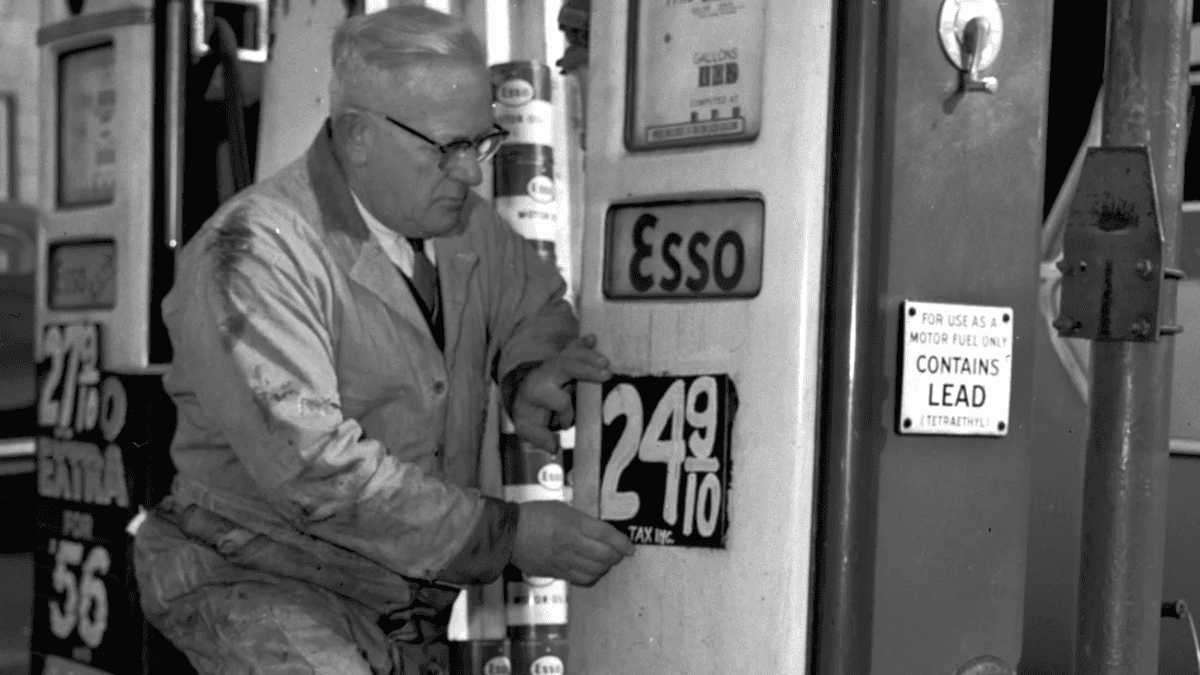Under the auto boom, a smaller industry is also growing: the used or pre-owned car market, where for every two new cars, three used cars are sold.
In a recent media interaction, CARS24 Co-Founder and CEO, Vikram Chopra, noted that the Indian used car market is expected to touch the $100 billion-mark in 2034 as against $25-billion in 2023, owing to the rising disposable incomes and a growing middle class. As per the company’s internal report, the market is poised to grow at a 15 per cent CAGR in the said period.
With the used-car market still largely untapped, even the luxury carmakers are driving in. From Porsche to Mercedes-Benz in the luxury segment and from Maruti to Mahindra and numerous startups, all want a share of this growing market.
Accelerate, clutch and boom
It would only be fair to say that the used car market in India is booming, so much that till FY27, it is expected to grow at a rate of 19.5 per cent and an astonishing 30 per cent in smaller towns or non-metro cities, as per a pre-owned car industry report.Notably, metropolitan cities accounted for 65 per cent of used car supply in FY22. In FY23, the used car sales rose 27 per cent to 5.45 million units, ET had reported. Furthermore, the demand is only going to rise with the building of trust in this new market as it gets more organised over the years.In the second quarter of 2023, 57 percent of customers in the pre-owned segment were first-time buyers, but this number rose to 63 percent in the third quarter of the same year, as per data gathered by Spinny, a used car marketplace.Back in 2001, Maruti Suzuki was one of the first players in this segment with its True Value channel, enabling trust and breaking stereotypes attached to the purchase of ‘second-hand’ vehicles. Since then, the industry has evolved in more than one way and technology has been pivotal in its growth.
Startups like CarDekho, SoftBank-backed CARS24 and Tiger Global-financed Spinny have carved a niche of their own with certifications, hassle-free payment system, refurbishing, quality checks and even financing, giving exactly what a young customer wants.
Luxury brands such as Jeep, BMW, and Mercedes-Benz have also seen consistent growth. While Chopra of CARS24 says there’s a long way to go, the industry has come a long way too. The automobile industry’s own hiccups, including the semiconductor crisis, supply chain disruptions and geopolitical tensions gave a sudden big boost to the pre-owned cars market.
Why is the Indian consumer shifting gears?
As established, shortage of semiconductors, critical for advanced and new-age cars, had disrupted supply-chains and had a huge impact on sales of leaders of this sector. Due to this, customers had to face long waiting periods, as long as six to eight months, and this affected the whole idea of ‘buying a new car’ during the pandemic. Thus, opting for used cars became the immediate option for the buyers.
In tandem with this market’s startling growth, loans for used cars, which have primarily carried higher interest rates, have also seen a key shift with narrowing of the interest rate from 400 to 250 basis points.
High demand for popular utility vehicles, which make up half of all passenger vehicle sales in India, has further created a severe demand-supply mismatch in the used car market, raising the average selling price as well as margins of organised players and contributing to this particular segment.
Growing disposable income levels and a rising number of young professionals seeking to commute in the city also contributed to the pre-owned car wave, alongwith rising costs of new cars equipped with high-end technology.
The growth was also fuelled by digitisation of used-car business which has made the process a lot easier, accessible and trustable. Also, the new-age used-car purchase comes with perks like after-sales warranties, certifications, multiple checks, multiple payment options and easy delivery too.
For instance, with a complete ‘consumer first’ approach, German sports luxury car manufacturer Porsche forayed into the pre-owned car segment in India in 2022. The Porsche Approved programme comes with a comprehensive warranty on pre-owned cars for a minimum of 12 months, including access to the 24-hour roadside service after passing a rigorous 111-point inspection.
The age of cars is going down, causing more cars to land in the used car market. An Indian customer gets rid of a car after covering a distance of 70,000 kilometers on average. While the ideal age for a pre-used car is between 2 to 5 years old, it was about 4 years in FY22, compared to 4.4 years in FY21.
Alert: Speed bump
The used car segment must be catching pace but it is also marred by speed bumps. While the pandemic fuelled the sector’s growth when new car supply was squeezed, its waning slowed the market down as new car supply gathered pace.
While for the used-cars segment, the increase in sale of new cars bodes well in terms of fresh supply of older cars coming to the market, it also takes away from the growth seen when customers with an appetite for four-wheelers had to turn to used cars given the long waiting periods for new vehicles. While capital drove business for startups initially, profitability has remained an issue. The topline growth was fuelled by heavy spending (which is not the case anymore) into marketing, advertising as well as expansion into newer markets, analysts have said.
“For venture-backed companies, like Spinny and Cars24, they have raised a lot of capital that they were burning indiscriminately to gain market share from non-branded dealers,” a mobility focussed venture investor had told ET in May last year. “They were offering prices 5-10% more than what one would normally get, just to get top line growth. They were losing around Rs 40,000-Rs 50,000 on every car. Now they’ve started giving reasonable pricing with a focus on the bottom line”.
Startups have been compelled to explore new routes in order to sustain, if not get profitable too. According to an ET report, these firms faced the slowdown as the “growth-at-all-costs” push by venture-backed companies took a backseat and improving unit economics took all the light. Apart from tweaking their business models, these tech-driven startups moved towards auto financing, insurance and classifieds.
While Spinny shut down its standalone portals for premium car sales and budget vehicles, CarDekho also closed its retail used-car sales and customer-to-business (C2B) segments citing “inviable unit economics”.
Speaking to ET three months ago, the founder of a unicorn used-car startup said the overall market was buoyant but a change in the investment scenario for startups meant that priorities for them changed. “I would not say the market has shrunk…it has been doing decently well. But there was a sudden change for all of us in the business and how we approached things. Everybody had to take the tough call that there is a need to prioritise controlling costs in order to maximise the runway and delay a next round of funding. At least for the first six months of FY23 that was the case,” the founder said, asking not to be named. “It is difficult to fight that battle along with recording high growth levels. Sometimes you need to slow down a bit in order to grow faster later,” he added.
The prospects for the used car market are bright despite the setbacks it has suffered as it is still maturing and organising. The more new cars are sold and the pricier the new cars get, the more the used car market will grow.







